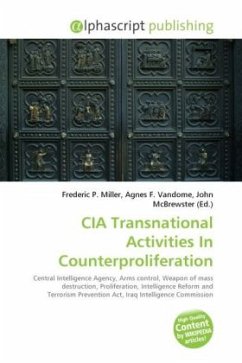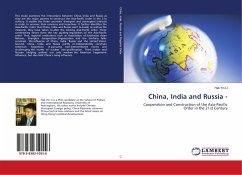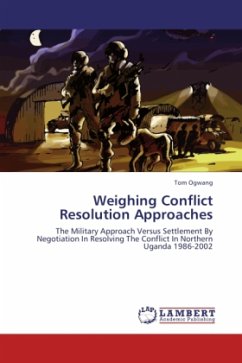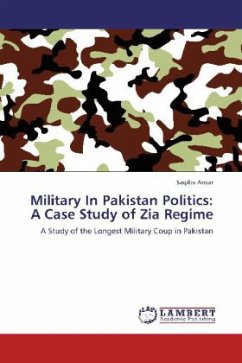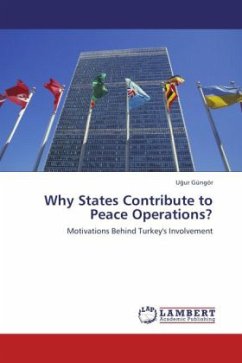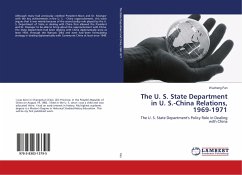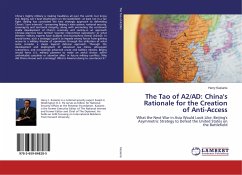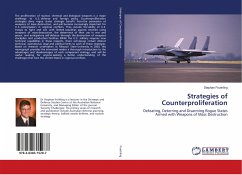
Strategies of Counterproliferation
Defeating, Deterring and Disarming Rogue States Armed with Weapons of Mass Destruction
Versandkostenfrei!
Versandfertig in 6-10 Tagen
39,99 €
inkl. MwSt.

PAYBACK Punkte
20 °P sammeln!
The proliferation of nuclear, chemical and biological weapons is a major challenge to U.S. defense and foreign policy. Counterproliferation strategies deny rogue states strategic benefit from the possession of weapons of mass destruction, and will become increasingly important for U.S. policymakers in regional conflicts. They include the ability of U.S. troops to fight and win with limited casualties against enemies using weapons of mass destruction, the deterrence of their use in war and peace, and anticipatory self-defense through the destruction of weapons stockpiles and production faciliti...
The proliferation of nuclear, chemical and biological weapons is a major challenge to U.S. defense and foreign policy. Counterproliferation strategies deny rogue states strategic benefit from the possession of weapons of mass destruction, and will become increasingly important for U.S. policymakers in regional conflicts. They include the ability of U.S. troops to fight and win with limited casualties against enemies using weapons of mass destruction, the deterrence of their use in war and peace, and anticipatory self-defense through the destruction of weapons stockpiles and production facilities. While the U.S. military requires new technical capabilities in these respects, there will always remain distinct technical, operational, legal and political limits to each of these strategies. Based on research undertaken at Missouri State University in 2003, this monograph provides the interested reader a thorough introduction to the advantages and disadvantages of each component strategy, and will be useful reading for anyone seeking a better understanding of the challenges that face the United States in regional conflicts.



